What does yellow, maroon and violet make
October 24, 2025 · Caitlin
What Does Yellow, Maroon, and Violet Make?
Color mixing is a fascinating subject, especially for those involved in art, design, and creative fields like web development and painting. Understanding how colors interact can enhance your projects and designs, making them more visually appealing. Let’s explore what happens when you mix yellow, maroon, and violet.
Color Mixing Result
When you mix yellow, maroon, and violet, you typically get a muted brownish color. This is because these colors are a combination of primary and secondary colors that, when mixed, tend to neutralize each other. The resulting shade is an earthy tone, which can vary slightly depending on the proportions used.
Visual Representation
- HEX Code: #8B6F5E
- RGB Values: (139, 111, 94)
Here’s how the color looks:
<div style="width:100px; height:100px; background-color:#8B6F5E;"></div>
Comparison Table
| Color | HEX Code | Use Cases |
|---|---|---|
| Yellow | #FFFF00 | Bright accents, cheerful designs |
| Maroon | #800000 | Elegant, sophisticated branding |
| Violet | #8A2BE2 | Creative, imaginative graphics |
| Mixed | #8B6F5E | Earthy designs, natural themes |
Practical Applications
Interior Design Tips
In interior design, this muted brownish color can be used to create a warm and cozy atmosphere. It pairs well with natural materials like wood and stone, making it ideal for rustic or bohemian styles.
Digital/Graphic Design Use Cases
For digital and graphic design, this color can serve as a background or accent that doesn’t overpower other elements. It’s perfect for creating a vintage or retro feel in your projects.
Fashion and Branding Examples
In fashion, this earthy tone can be used in autumn collections, complementing other warm hues. For branding, it conveys reliability and stability, making it suitable for eco-friendly or organic product lines.
Color Theory Insights
How These Colors Interact
Yellow is a primary color, while maroon and violet are secondary colors. When combined, they create a complex mix that neutralizes the vibrancy of the individual colors, resulting in a more subdued tone.
Warm vs. Cool Tones
Yellow and maroon are warm tones, while violet is a cool tone. Their interaction results in a balanced color that leans slightly towards warmth, making it versatile for various applications.
Complementary or Analogous Relationships
These colors don’t form a traditional complementary or analogous scheme, but their combination can be used to create depth and interest in a design by contrasting with brighter or cooler colors.
FAQ Section
-
What color do you get when mixing yellow, maroon, and violet?
- You get a muted brownish color.
-
Can I mix these colors in watercolor/acrylic?
- Yes, you can mix these colors in both watercolor and acrylic paints to achieve a similar earthy tone.
-
What is the HEX code for the result color?
- The HEX code is #8B6F5E.
-
How do I create this color in CSS?
- Use the CSS code
background-color: #8B6F5E;to apply this color.
- Use the CSS code
-
What colors are similar to the result color?
- Similar colors include taupe and beige, which also have earthy undertones.
By understanding the interaction between yellow, maroon, and violet, you can create unique and appealing designs that capture the essence of these colors. Whether you’re working on a digital project, interior design, or fashion, this knowledge will help you make informed and creative choices.